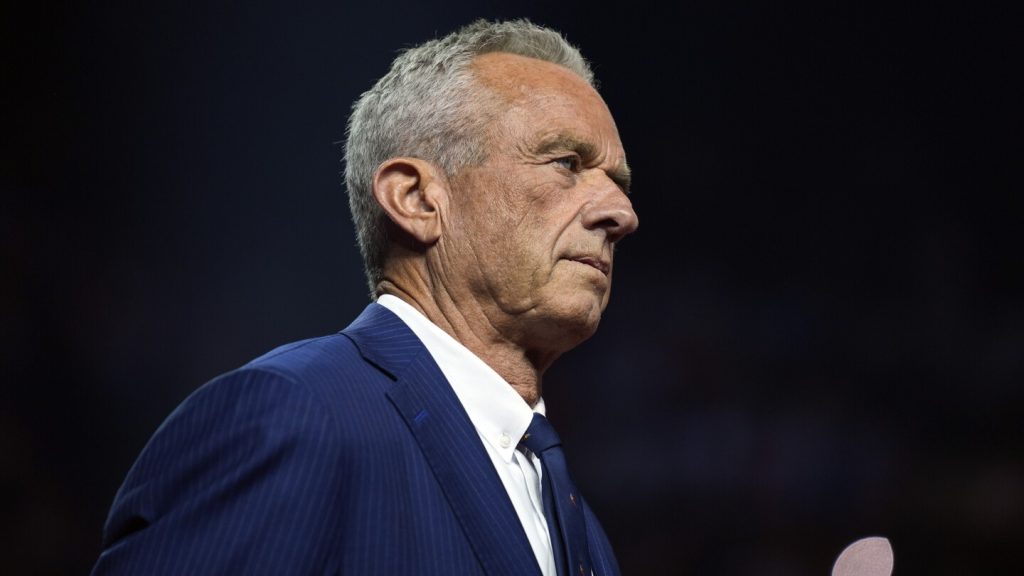Michigan is at the center of a legal battle involving Robert F. Kennedy Jr. and his efforts to withdraw his name from the November presidential ballot. Kennedy, who suspended his campaign and endorsed former President Donald Trump, has been trying to strategically remove his name from battleground states like Michigan. However, Michigan’s election officials rejected Kennedy’s notice of withdrawal, leading him to file a lawsuit against Secretary of State Jocelyn Benson. Despite his arguments that keeping his name on the ballot could diminish the electorate’s votes, a Michigan judge ruled in favor of the secretary of state, stating that elections are not games and candidates cannot withdraw after being nominated.
In a similar effort, Kennedy filed a lawsuit in North Carolina to withdraw his name from the ballot, but the outcome of that case is still pending. The legal battles surrounding Kennedy’s bid to remove his name from various states point to the complex dynamics of third-party candidates in the presidential race. Both Democrats and Republicans are closely monitoring the situation, as third-party candidates like Kennedy and liberal independent candidate Cornel West could potentially impact the race by siphoning votes from the major party candidates. Kennedy has stated that he is attempting to withdraw from states where he may act as a spoiler and harm President Trump’s chances.
Wisconsin election officials have also rejected Kennedy’s request to be removed from the ballot in their state, further complicating his efforts to strategically withdraw from key battlegrounds. Last week, a Michigan Court of Claims judge ruled that West must remain on the ballot, a decision that was welcomed by West’s campaign. The legal battles surrounding third-party candidates underscore the fierce competition and strategic maneuvering taking place in states that are crucial to the outcome of the presidential election. Both Republicans and Democrats are actively trying to prevent third-party candidates from potentially influencing the final results.
Kennedy’s attorney argued that allowing his name to remain on the ballot goes against the principles of ballot integrity, suggesting that voters’ choices could be impacted if he is not allowed to withdraw. Despite these arguments, the Michigan judge sided with the secretary of state, emphasizing that the election process should not be undermined by candidates changing their minds after being nominated. Kennedy’s attempt to withdraw from battleground states like Michigan highlights the high stakes involved in the presidential race, where every vote could make a significant difference in determining the outcome.
As the legal battles continue to unfold in multiple states, the impact of third-party candidates on the presidential race remains a contentious issue. Republicans and Democrats are actively seeking to control the narrative and prevent any potential spoilers from affecting the final results. Michigan’s ruling in favor of keeping Kennedy on the ballot reflects the broader struggle for political dominance and the complexities of navigating a multi-party election system. With the November election fast approaching, the battle over third-party candidates is likely to intensify as the major parties fight for a decisive victory.


